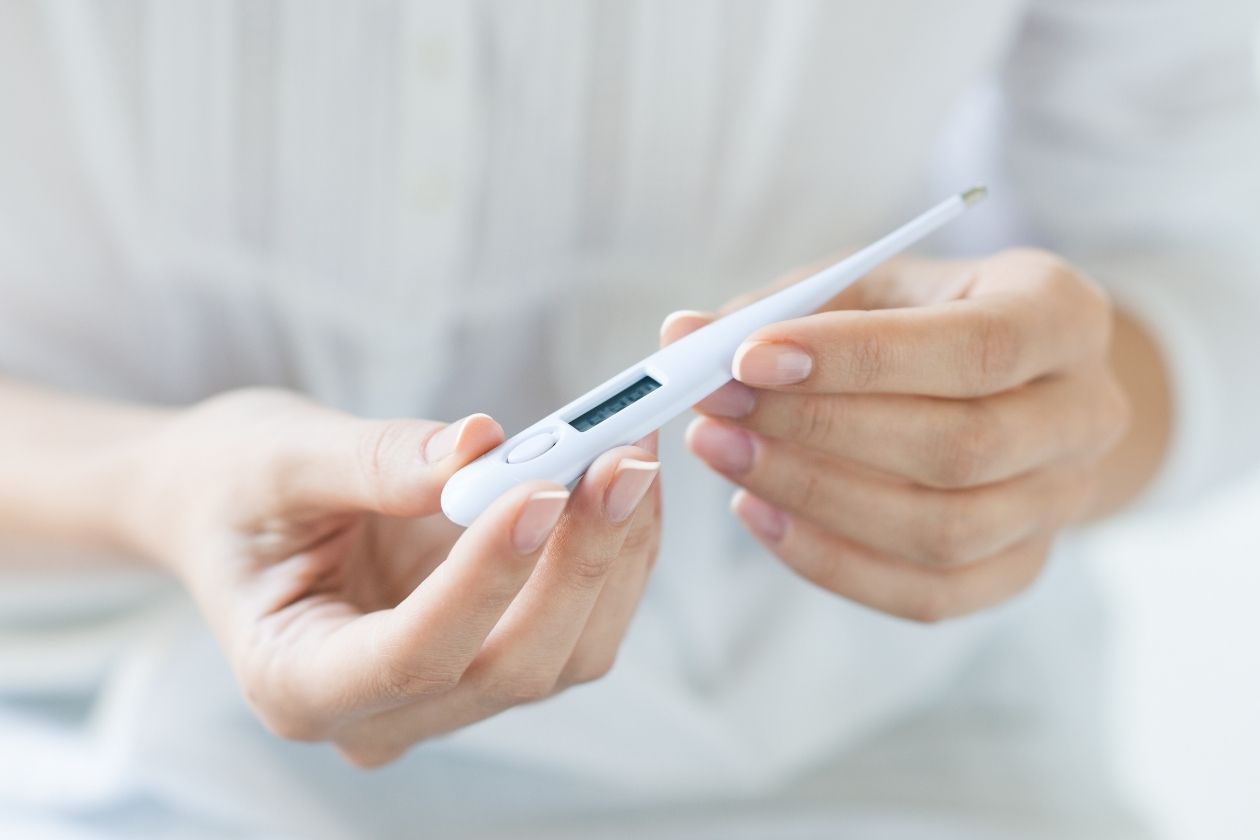Throughout the oscillating ups and downs of life, your wellbeing should always be a top priority. Lifestyle habits and stresses contribute greatly to the comprehensive condition of your overall wellbeing. As follows, every woman must take personal responsibility for their health and medical awareness.
To become better aware of your overall health conditions, you should have the minimum amount of medical supplies in reach for prevention, detection, and care besides a basic first-aid kit. Let’s uncover the medical devices you should have at home.
Table of Contents
The Fundamental Basics
Helpful health tools and functional medical equipment can make a difference in monitoring your wellbeing now and your quality of life in the future. You may already have some medical devices lying around. Now more than ever, it’s critical to have updated, essential gadgets on hand. The past year has greatly impacted our lifestyles, daily routines, exercise regimens, eating habits, and work and home stresses. Add these factors to growing pollution and harmful germs, and the number of unhealthy triggers in our lives skyrockets.
To take care of your mind and body, the basic medical devices you should have at home include a thermometer for monitoring body temperature, blood pressure monitors for hypertension and hypotension, pulse oximeters for measuring oxygen in your blood, and a glucometer to measure blood sugar levels.
The Smart Upgrades
The transforming landscape of the health and medical world is full of smart developments and devices to support one’s wellbeing or healthy lifestyle. The growing field of medical home technology is flourishing with fresh gadgets and gizmos to help individuals stay healthy.
Pedometers and weighing scales of the past have been upgraded to fit bits, smartwatches, and smart scales that display not only your weight, but your muscle mass, water makeup, and BMI. Other smart device upgrades include sleep monitors, ear-based thermometers, wearable blood pressure monitors, automatic pill dispensers, and hospital-grade heart monitors.
Point-of-Care Applications
The basics of point-of-care testing and products are diagnostics and monitoring, either at a patient’s bedside or in a person’s home. You can make use of point-of-care applications on smartphones to further monitor or measure health conditions.
Numerous research communities and start-up companies currently incorporate their products with smartphones. These applications can turn your smartphone device into medical devices and tools due to their high-def displays, sensors, sound and audio captures, and high-res image and video capture. It’s worth looking into the various applications of these connected devices, as technological innovations continue to occur in the future.




